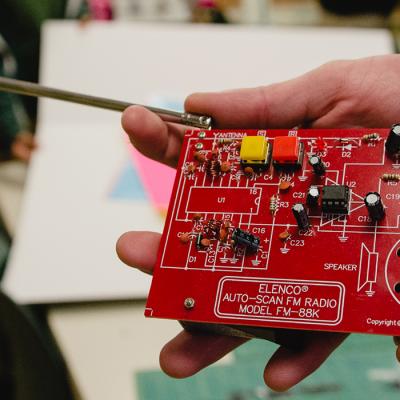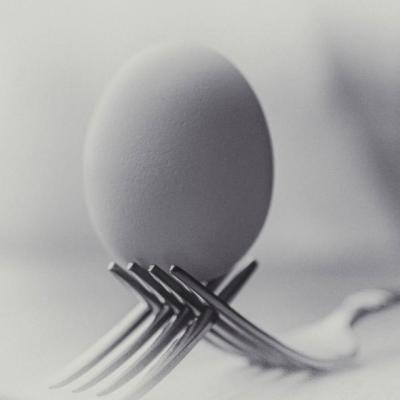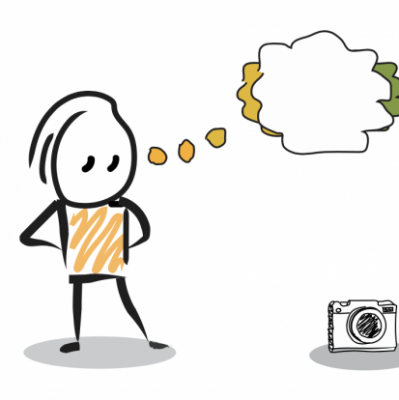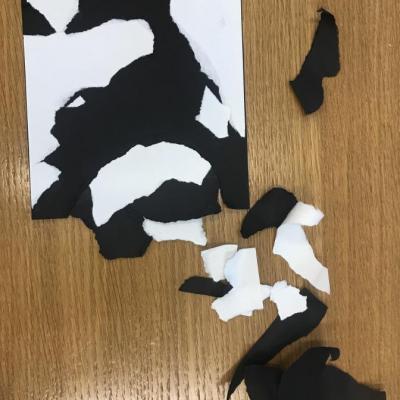這個思考模式鼓勵學生從多方面思考,為一件物品/系統思考各種新的可能性。然後再鼓勵學生把新想法融合起來,決定一個有效率的方法去完善,重新設計,和拆解物件/系統。最終,這個思考模式是用於尋找新的設計機會以及實施新的想法的。

A Culture (and Economy) of Making and Sharing
The maker movement is no doubt still trending. But what’s driving this resurgence in the inclination to make? And is it a part of a larger socio/economic shift to a shared, participatory culture?

PARTES, PROPÓSITOS, COMPLEXIDADES
Essa rotina de pensamento ajuda os estudantes a desacelerar e a fazer observações detalhadas e cuidadosas, incentivando-os a olhar além das características óbvias de um objeto ou de um sistema.

Parts, Purposes, Complexities in a Technology Classroom
High School technology students in Darlease Monteiro’s class use Parts, Purposes, Complexities to analyze website apps prior to designing their own.

JusticexDesign: Developing a Sensitivity to Designed Injustices
Banner image courtesy of Agnes Gómez and her 5th grade students at Sacred Heart School (School year: 2019-2020).
Agency by Design and JusticexDesign (JxD) extend great appreciation to Jaime Chao Mignano for being a thought partner in conceiving of the JxD project as well as to JxD Origin Educators for their invaluable contributions to this work: Agnes Gómez, Angélica Guerrera, Anne Leflot, Ashley Beck, Gerald D. Smith Jr., Maria Fernanda García, Mark Perkins, Nick Loewen, and Sonia Chintha. Thanks also to educators Julie Rains and Lisa Yokana, who participated remotely in trying out some JxD tools during its pilot year. Sincerest appreciation to Edward P. Clapp and Jim Reese, as well as the Washington International School, for their generous and ongoing support in making JxD possible.

Imagine if...
This routine first encourages divergent thinking, as learners think of new possibilities for an object or system, and then encourages convergent thinking, as learners decide upon an effective approach to build, tinker, re/design, or hack an object or a system.

The MCL Hacker Helper
Just as the broader Agency by Design framework for maker-centered learning encourages people to be active creators of the designed world, the Hacker Helper Tool invites educators to view the breadth of educator resources associated with the Agency by Design framework as malleable. This tool provides prompts to support educators as they “hack” existing Agency by Design tools, practices, and thinking routines to work better for their learners.

“另眼相看” 的思考模式 (简体版)
这个思考模式通过帮助学生近距离观察某个物品/系统的细节,考虑不同的使用者和利益相关者不同的观点角度,以反思自己和这个物品/系统的关系来探究其中的关联性。

Complicating STEAM: A Critical Look at the Arts in the STEAM Agenda
This entry offers a critical perspective of the role of the arts within the popular STEAM agenda. Most loosely defined, STEAM can be understood as incorporating the arts into the STEM (science, technology, engineering, and mathematics) acronym for the purpose of introducing a focus on art and design into these four subject areas. This entry first questions what the A in the STEAM acronym actually represents. The entry then argues that a focus on any discrete set of disciplines prioritizes some domains of practice, while overlooking others. The entry goes on to encourage a more distributed approach to pedagogical practice that is less about establishing catchy acronyms that privilege some disciplines over others – and more about supporting young people and adults in becoming multimodal learners capable of making connections between and beyond the disciplines.